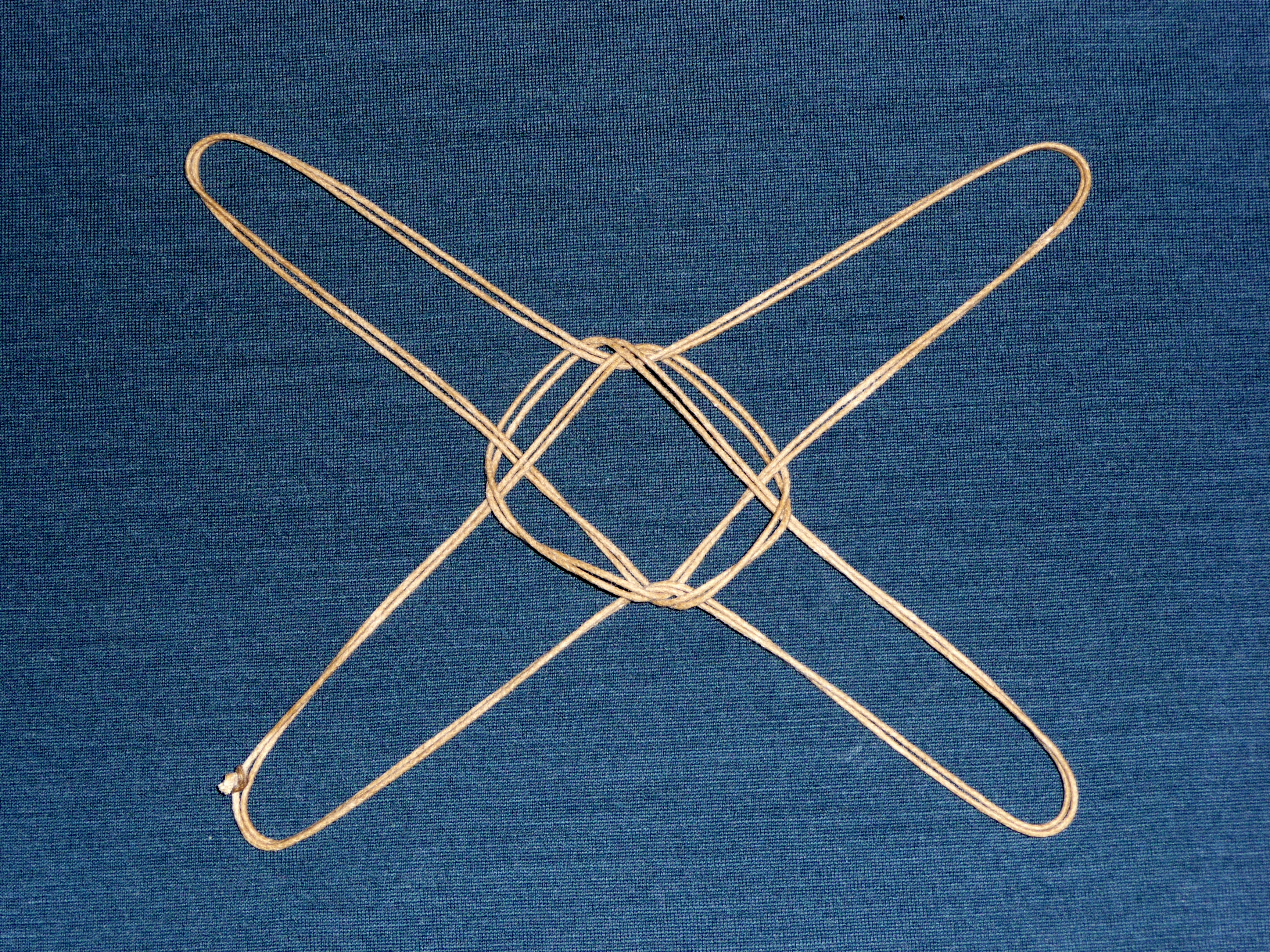Oribasius on:
[Wikipedia]
[Google]
[Amazon]
 Oribasius or Oreibasius (; c. 320 – 403) was a
Oribasius or Oreibasius (; c. 320 – 403) was a
online
*Thompson, E.A. "The Last Delphic Oracle." CQ 40.1 (1946): 35–6. {{Authority control 4th-century Romans 4th-century Greek physicians 320s births 403 deaths Julian (emperor) 4th-century Greek writers 4th-century non-fiction writers
 Oribasius or Oreibasius (; c. 320 – 403) was a
Oribasius or Oreibasius (; c. 320 – 403) was a Greek
Greek may refer to:
Anything of, from, or related to Greece, a country in Southern Europe:
*Greeks, an ethnic group
*Greek language, a branch of the Indo-European language family
**Proto-Greek language, the assumed last common ancestor of all kno ...
medical writer and the personal physician
Concierge medicine, also known as retainer medicine, is a relationship between a patient and a primary care physician in which the patient pays an annual fee or retainer. In exchange for the retainer, doctors agree to provide enhanced care, includ ...
of the Roman emperor Julian. He studied at Alexandria
Alexandria ( ; ) is the List of cities and towns in Egypt#Largest cities, second largest city in Egypt and the List of coastal settlements of the Mediterranean Sea, largest city on the Mediterranean coast. It lies at the western edge of the Nile ...
under physician Zeno of Cyprus before joining Julian's retinue. He was involved in Julian's coronation in 361, and remained with the emperor until Julian's death in 363. In the wake of this event, Oribasius was banished to foreign courts for a time, but was later recalled by the emperor Valens
Valens (; ; 328 – 9 August 378) was Roman emperor from 364 to 378. Following a largely unremarkable military career, he was named co-emperor by his elder brother Valentinian I, who gave him the Byzantine Empire, eastern half of the Roman Em ...
.
Works
Oribasius's major works, written at the behest of Julian, are two collections of excerpts from the writings of earlier medical scholars, a collection of excerpts fromGalen
Aelius Galenus or Claudius Galenus (; September 129 – AD), often Anglicization, anglicized as Galen () or Galen of Pergamon, was a Ancient Rome, Roman and Greeks, Greek physician, surgeon, and Philosophy, philosopher. Considered to be one o ...
and the ''Medical Collections'' (Ἰατρικαὶ Συναγωγαί, ''Iatrikai Synagogai''; Latin
Latin ( or ) is a classical language belonging to the Italic languages, Italic branch of the Indo-European languages. Latin was originally spoken by the Latins (Italic tribe), Latins in Latium (now known as Lazio), the lower Tiber area aroun ...
: ''Collectiones medicae''), a massive compilation of excerpts from other medical writers of the ancient world. The first of these works is entirely lost, and only 25 of the 70 (or 72) books of the ''Collectiones'' survive. This work preserves a number of excerpts from older writers whose writings have otherwise been lost, and has thus been valuable to modern scholars. The earliest known description of a string figure
A string figure is a design formed by manipulating twine, string on, around, and using one's fingers or sometimes between the fingers of multiple people. String figures may also involve the use of the mouth, wrist, and feet. They may consist o ...
, presented as the surgical sling ''Plinthios Brokhos'' by Greek physician Heraklas, is among the preserved material.
Hagiography has it that in 362, on behalf of his emperor Julian, Oribasius visited the Delphi
Delphi (; ), in legend previously called Pytho (Πυθώ), was an ancient sacred precinct and the seat of Pythia, the major oracle who was consulted about important decisions throughout the ancient Classical antiquity, classical world. The A ...
c oracle
An oracle is a person or thing considered to provide insight, wise counsel or prophetic predictions, most notably including precognition of the future, inspired by deities. If done through occultic means, it is a form of divination.
Descript ...
, now in a rather desolate state, offering his emperor's services to the temple and, in return, receiving one of the last prophecies by the Delphic Pythia
Pythia (; ) was the title of the high priestess of the Temple of Apollo (Delphi), Temple of Apollo at Delphi. She specifically served as its oracle and was known as the Oracle of Delphi. Her title was also historically glossed in English as th ...
:
Tell the king, the splendid hall fell to the ground.
Phoebus no longer has his house, nor the prophesying laurel,
nor the speaking well. The speaking water has dried out.
— ''Passio Artemii'' 96.1284.45–7, ''Cedrenus'' 1.532.8–10)
Notes
References
*Browning, Robert and Nutton, Vivian, ''"Oribasius"'', from ''The Oxford Classical Dictionary'', Simon Hornblower and Antony Spawforth, ed. (Oxford University Press, 2003) *Grant, Mark (author and translator) and Oribasius, ''Dieting for an Emperor: A Translation of Books 1 and 4 of Oribasius’ „Medical Compilations“''. Brill Academic Publishers, Leiden – New York – Cologne 1997; *Haars, Maximilian (author and translator), ''Die allgemeinen Wirkungspotenziale der einfachen Arzneimittel bei Galen. Oreibasios, Collectiones medicae XV. Einleitung, Übersetzung und pharmazeutischer Kommentar''. Wissenschaftliche Verlagsgesellschaft, Stuttgart 2018; *Musgrove, Caroline Joanne. Oribasius’ Woman: Medicine, Christianity and Society in Late Antiquity. Doctoral thesis, University of Cambridge, 2017. *Oribasius: Collectionum Medicarum Reliquiae, I. Libri I-VIII; II; IX-XVI. By J. Raeder (Corpus Medicorum Graecorum VI.1.1–2) Leipzig & Berlin, Teubner 1928–9.online
*Thompson, E.A. "The Last Delphic Oracle." CQ 40.1 (1946): 35–6. {{Authority control 4th-century Romans 4th-century Greek physicians 320s births 403 deaths Julian (emperor) 4th-century Greek writers 4th-century non-fiction writers